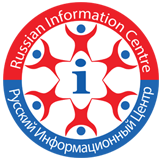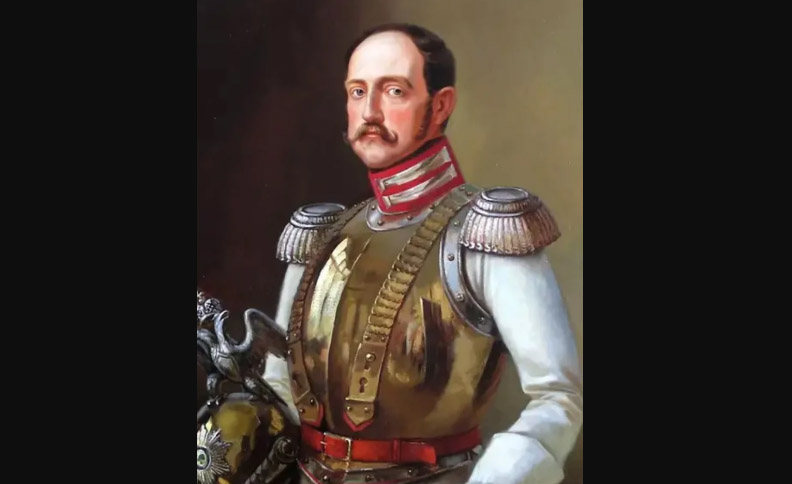Emperor Nikolas I was the third son of Emperor Paul I and the youngest brother of Emperor Alexander I. He married the German Princess Fredericke Luise Charlotte Wilhelmine, who converted to Orthodoxy as Grand Duchess Alexandra Fedorovna. They had four sons and three daughters. Nicholas was not expected to inherit the throne as he had two elder brothers- Alexander and Konstantin. Nicholas was educated for military career. He was an excellent draughtsman, played on flute, danced well, enjoyed jokes and liked women. In 1822, Alexander I signed a secret manifesto, making Nicholas the heir to the throne, who did not guess about its existence. On 14 December 1825 several regiments refused to swear an oath of allegiance to Nicholas. The tsar acted promptly and decisively and the uprising was brutally suppressed. Five leaders were hanged, 120 active participants were exiled or sentenced to hard labour. Nicholas’s slogan was “autocracy, orthodoxy, nationality”. The nobility had preference in everything, censorship was increased, and the secret police department was founded. Under his reign the first railways appeared in Russia, the Pulkovo Astronomical Observatory was built, the New Hermitage was opened, St Isaac’s Cathedral was finished, the Alexander Column was put on Palace Square and the Cottage Palace in Peterhof was constructed. Defeat in the Crimean War (1853-1856) led to the collapse of Nicholas’s system and his own death in 1855.
Text by Ekaterina Chistyakova
Visit the grand locations that St Petersburg has to offer!
Contact us@ Russian InfoCenter to Book Classic Russia tour 5n/6d and more tour packages from India to Russia
Choose from flights ex Delhi, Mumbai & Calcutta
Fill the form below and we’ll get back to you right away!

